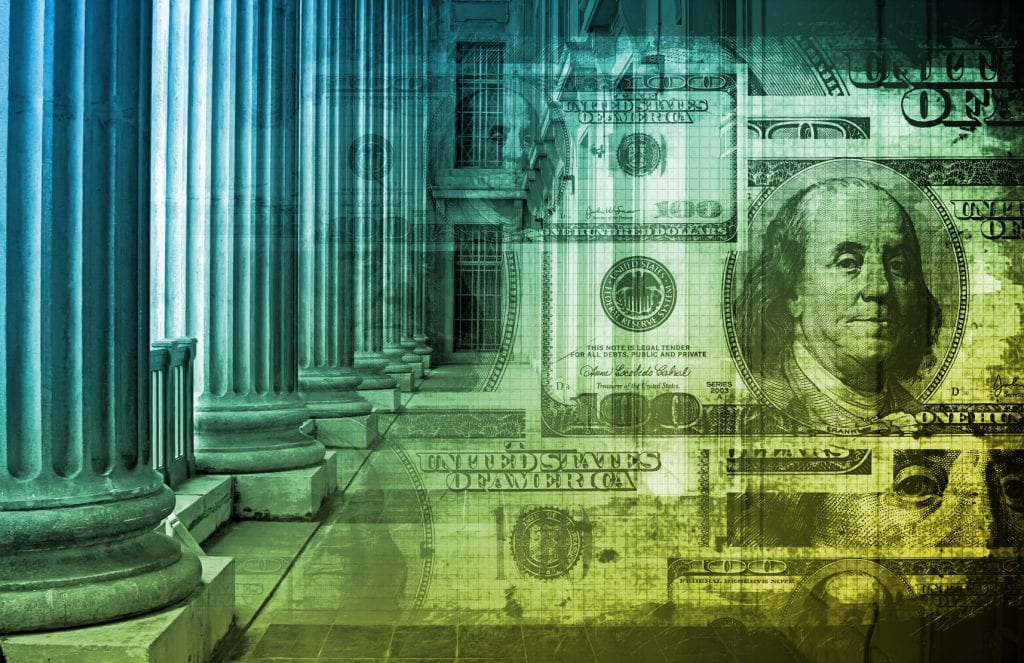The retailers and trade groups that refused to settle with the card networks regarding the credit card interchange settlement now find themselves on the receiving end of a lawsuit designed to garner a ruling that network fee practices are not illegal.
If you’re having trouble keeping up with the litigation currently swirling around the United States payments industry, you’re not alone. It’s a high stakes game being played out in a New York court that pits some of the most powerful stakeholders in the market against one another, with each looking to protect the future of their franchises.
From Bloomberg:
MasterCard, Visa and several reportedly said in a complaint filed Friday in federal court in Brooklyn, New York, that their suit is “necessary to prevent the continuation of endless, wasteful litigation.”
On Thursday, Target Corp. (TGT), and other retailers, including Macy’s Inc. (M), Saks Inc. (SKS) filed a lawsuit against Visa and MasterCard alleging antitrust behavior.
Earlier in this week, Wal-Mart Stores Inc. (WMT) and other major retailers, including Starbucks Corp. (SBUX) and Gap Inc. (GPS) said they intended to opt out of the settlement and might bring additional litigation against the payment networks.
Visa and MasterCard’s complaint asks the court to declare interchange fees are valid and pro-competitive. The complaint was filed in response to a new lawsuit retailers filed last week that charged the networks violated anti-trust laws. In other words, a ruling either way could result in interchange being deemed valid or invalid, which has enormous implications to the entire industry.
First Data also has joined the fray and added a new wrinkle declaring it can’t participate in any settlement since it is a merchant as well (read more here). This flurry of litigation could prove to the court that the parties are nowhere near a true settlement and cause the judge to demand that they come back to the bargaining table. Either way, the biggest loser may be the interchange system, which is becoming increasingly unstable and could end up falling apart under the strain.
Click here to read more from Bloomberg.
